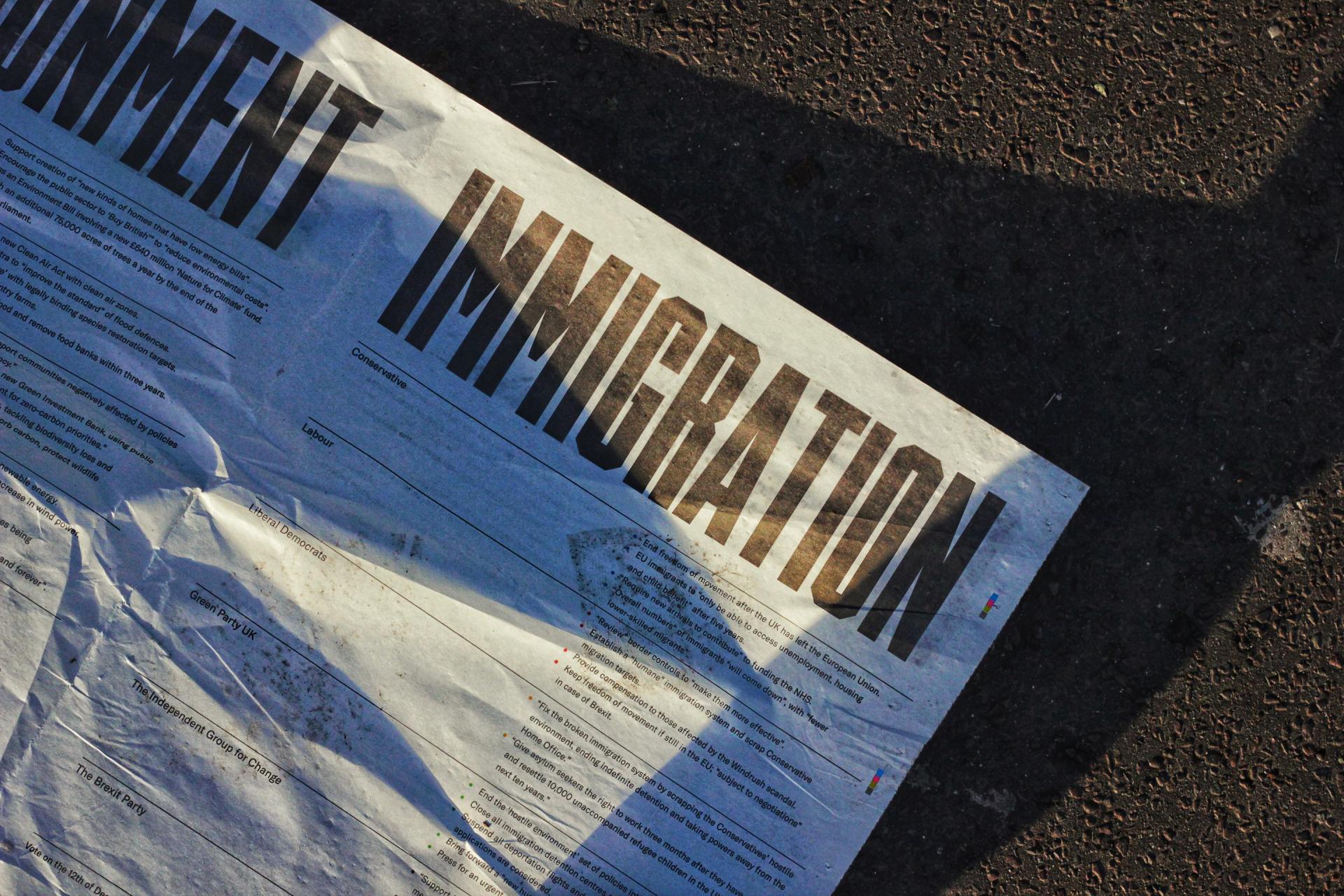Home Office Plans To Overhaul Asylum System
Home Office Plans To Overhaul Asylum System

On 24 March 2021, the Home Office published a policy statement entitled A New Plan for Immigration aimed at building a “fair but firm asylum and illegal migration system”. The announcement has caused considerable controversy as it is based on the Australian ‘No Way’ policy , which included posters that included the tagline: "You will not make Australia Home”.
The poster goes on to state:
"If you get on a boat without a visa, you will not end up in Australia. Any vessel seeking to illegally enter Australia will be intercepted and safely removed beyond Australian waters."
Home Secretary, Priti Patel has suggested the UK could adopt an Australian-style approach. She is looking at amending sections 77 and 78 of the Nationality Immigration and Asylum Act 2002 to allow asylum seekers to have their applications processed outside of the UK, thereby leaving “the option open, if required in the future, to develop the capacity for offshore asylum processing”.
Why is the British Government overhauling the asylum system?
Over the past decade, the current Conservative Government has made many pledges to reduce the number of people coming to the UK via boats or lorries that are usually operated by people smugglers. Almost 300 asylum seekers have died trying to cross the English Channel in boats since 1999. In 2019, 39 people were found dead in the back of a truck container in South West England. The container had travelled via ferry from Belgium. In April 2020, lorry driver Maurice Robinson pleaded guilty to manslaughter.
Part of the reason the Home Secretary wants to reform asylum law is to eliminate these types of tragic events. In her introduction to the policy statement, Ms Patel states:
“Illegal immigration is facilitated by serious organised criminals exploiting people and profiting from human misery.
It is counter to our national interest because the same criminal gangs and networks are also responsible for other illicit activity ranging from drug and firearms trafficking, to serious violent crimes.
And if left unchecked, illegal immigration puts unsustainable pressures on public services.
It is also counter to our moral interest, as it means people are put in the hands of ruthless criminals who endanger life by facilitating illegal entry via unsafe means like small boats, refrigerated lorries or sealed shipping containers.”
What are the changes set out in the asylum reform policy statement?
The main (though not all) changes set out in the policy statement are as follows:
- People who arrive in the UK via a “safe and legal route” will be offered benefits not provided to those entering the country through people smuggling routes. These include being granted Indefinite Leave to Remain on arrival (if asylum is granted), extra funding for integration programmes, and a possible tweak to the family reunion rules to allow “unmarried dependent children under the age of 21” come to the UK if both parents are settled (the age limit is currently 18 years).
- Asylum seekers who enter the UK through ‘safe’ countries such as France will have fewer rights. The Home Office has declared that “anyone who arrives in the UK illegally – where they could reasonably have claimed asylum in another safe country – will be considered inadmissible to the asylum system, consistent with the Refugee Convention”. Although the policy statement says that sections 77 and 78 of the Nationality, Immigration and Asylum Act 2002 will be amended so that people who have a pending asylum claim or appeal can be removed, in practice, asylum seekers cannot be sent to another country (even if they passed through it to get to their current destination) without securing a return agreement. Following the end of the Brexit transition period, the UK cannot simply send asylum seekers back to France. Therefore, the Home Office is proposing to grant those who come to the UK by clandestine means ‘temporary protection status’. They will only be allowed to remain in the UK for 30 months and will not be able to access public funds. Again, such a move may breach the 1951 UN Refugee Convention (which the UK government helped draft) which states that countries cannot penalise people in need who come "directly" from their homeland - or anyone who has "good cause" to enter a nation illegally.
- The legal test for establishing a ‘well-founded fear of persecution will be lowered from that of ‘on the balance of probabilities’ to ‘reasonable likelihood’.
- A good faith requirement will be added to individuals and their representatives bringing claims or appealing an asylum decision.
- The introduction of an expanded ‘one-stop’ process to ensure that asylum, human rights claims, referrals as a potential victim of modern slavery and any other protection matters are made and considered together, ahead of any appeal hearing. According to the policy statement “This requires people and their representatives to present their case honestly and comprehensively – setting out full details and evidence to the Home Office and not adding more claims later which could have been made at the start.”
What you can do to protect your interests if you want to claim asylum in the UK
Firstly, do not panic. Many of the suggested reforms will need to go out for consultation; therefore, changes will not happen quickly. If you are seeking asylum, your chance of making a successful application greatly increases if you have legal advice and representation. Our Immigration Solicitors can provide expert support and assist you throughout the asylum process. If your claim is successful and you are granted refugee status, we can also assist you with bringing your dependent family members to the UK under the Family Reunion route.
Our immigration lawyers can advise and represent you on all aspects of immigration law. For a free consultation please call us on 0208 300 6666.
New Plan for Immigration- GOV.UK (www.gov.uk)
Australia: Controversial 'No Way' anti-Immigration Advert Sparks Outrage(ibtimes.co.uk)














